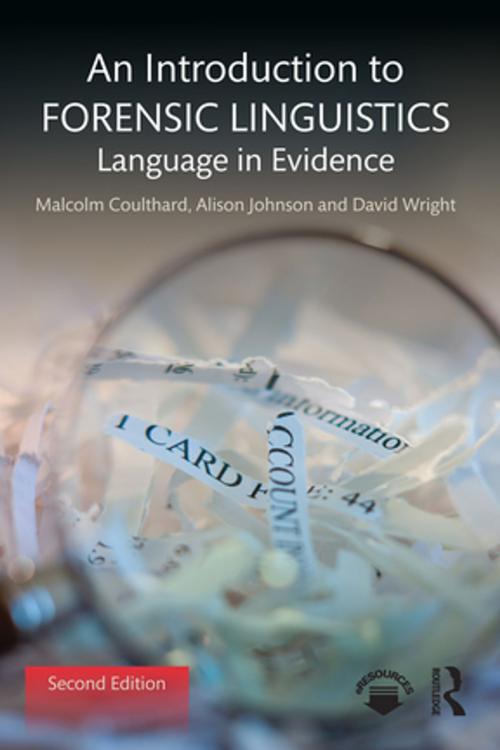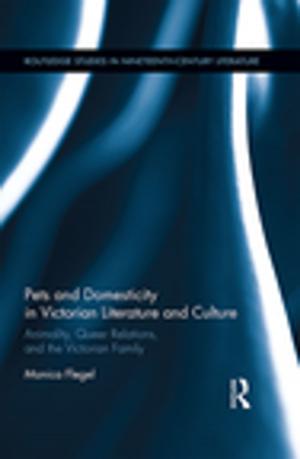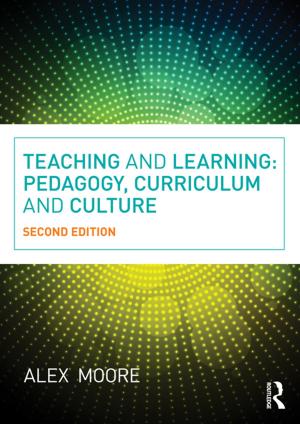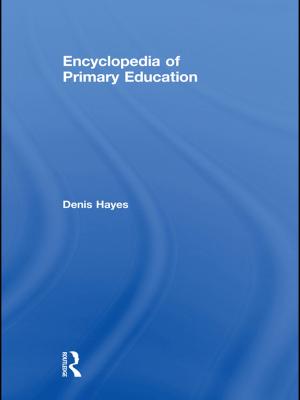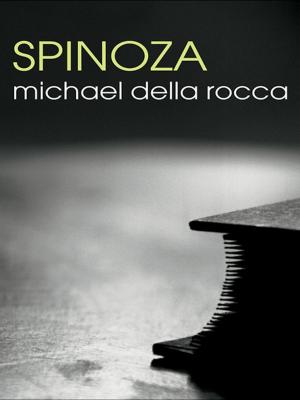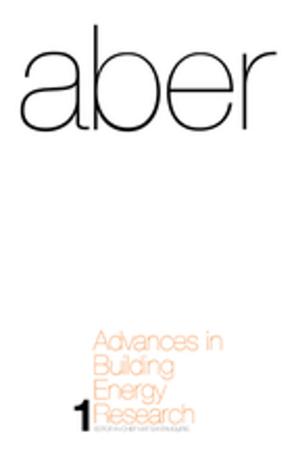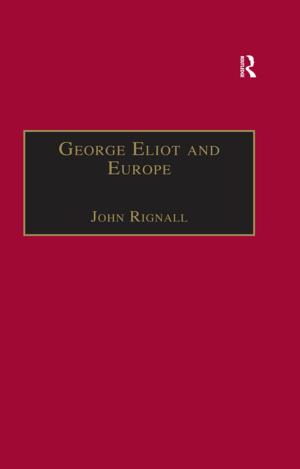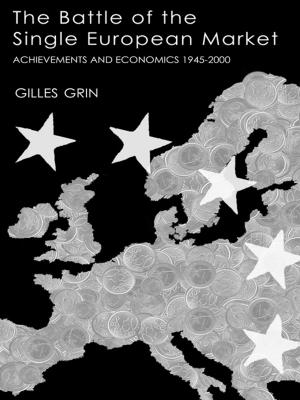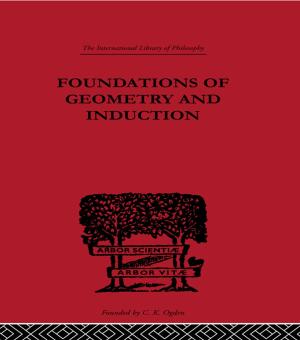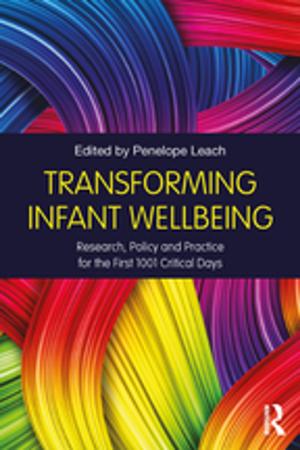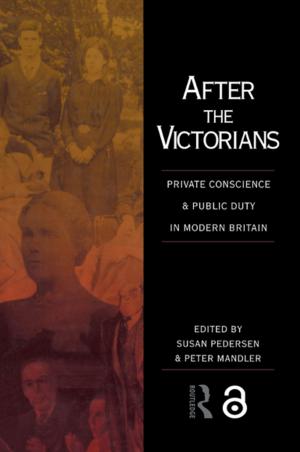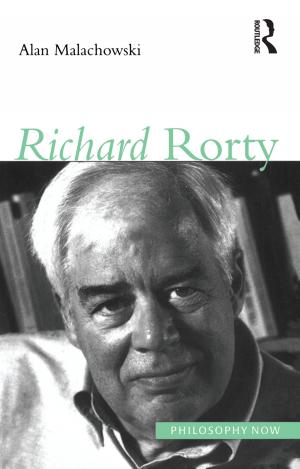An Introduction to Forensic Linguistics
Language in Evidence
Nonfiction, Reference & Language, Language Arts, Linguistics| Author: | Malcolm Coulthard, Alison Johnson, David Wright | ISBN: | 9781317246657 |
| Publisher: | Taylor and Francis | Publication: | July 22, 2016 |
| Imprint: | Routledge | Language: | English |
| Author: | Malcolm Coulthard, Alison Johnson, David Wright |
| ISBN: | 9781317246657 |
| Publisher: | Taylor and Francis |
| Publication: | July 22, 2016 |
| Imprint: | Routledge |
| Language: | English |
An Introduction to Forensic Linguistics: Language in Evidence has established itself as the essential textbook written by leading authorities in this expanding field. The second edition of this bestselling textbook begins with a new introduction and continues in two parts.
Part One deals with the language of the legal process, and begins with a substantial new chapter exploring key theoretical and methodological approaches. In four updated chapters it goes on to cover the language of the law, initial calls to the emergency services, police interviewing, and courtroom discourse. Part Two looks at language as evidence, with substantially revised and updated chapters on the following key topics:
- the forensic linguist
- forensic phonetics
- authorship attribution
- the linguistic investigation of plagiarism
- the linguist as expert witness.
The authors combine an array of perspectives on forensic linguistics, using knowledge and experience gained in legal settings – Coulthard in his work as an expert witness for cases such as the Birmingham Six and the Derek Bentley appeal, and Johnson as a former police officer. Research tasks, further reading, web links, and a new conclusion ensure that this remains the core textbook for courses in forensic linguistics and language and the law. A glossary of key terms is also available at https://www.routledge.com/products/9781138641716 and on the Routledge Language and Communication Portal.
An Introduction to Forensic Linguistics: Language in Evidence has established itself as the essential textbook written by leading authorities in this expanding field. The second edition of this bestselling textbook begins with a new introduction and continues in two parts.
Part One deals with the language of the legal process, and begins with a substantial new chapter exploring key theoretical and methodological approaches. In four updated chapters it goes on to cover the language of the law, initial calls to the emergency services, police interviewing, and courtroom discourse. Part Two looks at language as evidence, with substantially revised and updated chapters on the following key topics:
- the forensic linguist
- forensic phonetics
- authorship attribution
- the linguistic investigation of plagiarism
- the linguist as expert witness.
The authors combine an array of perspectives on forensic linguistics, using knowledge and experience gained in legal settings – Coulthard in his work as an expert witness for cases such as the Birmingham Six and the Derek Bentley appeal, and Johnson as a former police officer. Research tasks, further reading, web links, and a new conclusion ensure that this remains the core textbook for courses in forensic linguistics and language and the law. A glossary of key terms is also available at https://www.routledge.com/products/9781138641716 and on the Routledge Language and Communication Portal.
